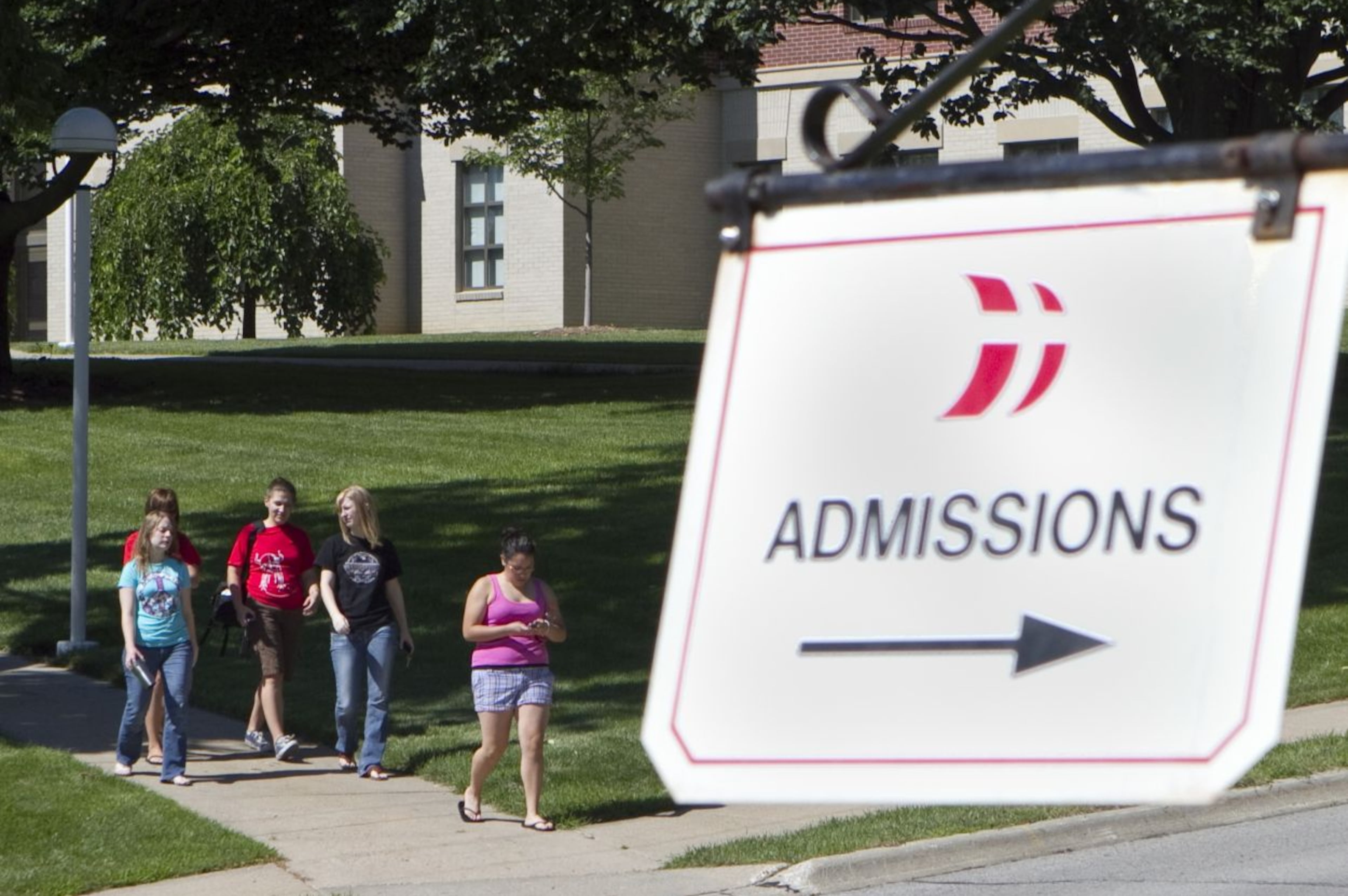DeKalb schools focus on clean air to prevent future closures from illness

The DeKalb County School District is clearing the air — in a literal sense.
This year, the district put an air purifier in every classroom. After the COVID-19 pandemic, there’s a national push to improve indoor air quality to help avoid prolonged school closures in the future. Cleaner air can help prevent a number of health issues that come from breathing in germs or pollutants.
“We can’t prevent (illness). Mother Nature will find a way,” said Erick Hofstetter, the district’s chief operations officer. “But what we can do is lessen the opportunity for it to happen, and also be able to respond quicker so that we can reduce the amount of disruption.”
The DeKalb school district put between 7,000 and 8,000 air purifiers in classrooms, offices, cafeterias and media centers this year. It was an $18 million investment, made possible by a grant through Georgia Southern University.
The classroom units are small and quiet, pushed against walls or next to desks while students go about their business around them. The units in larger rooms like cafeterias can be taller than a first grader.

Studies throughout the pandemic have shown that HEPA filters, like the portable ones used in the classroom air purifiers, can reduce transmission of viruses like the ones that cause COVID-19, particularly when used with other measures like masking or improved ventilation systems.
Air filtration and increased ventilation “are some of the most impactful ways to reduce airborne transmission, especially in areas with poor air quality,” said Jessica Smith Schwind, the director of the Institute for Health Logistics and Analytics at Georgia Southern.
“This does not just apply to SARS-CoV-2, but also other airborne viruses such as influenza virus and respiratory syncytial virus (RSV),” she said.
Which is good news for school systems like DeKalb. The effects of the pandemic and the subsequent school closures on students have been far-reaching, from lagging academic achievement to increased mental health problems. DeKalb was one of the last school systems in metro Atlanta to return to in-person learning in 2021.
Despite the evidence that air quality improvements can help reduce illness and potentially chronic absenteeism in schools, the implementation of them in schools has been varied across the U.S.
Other metro Atlanta districts used grant funding and federal pandemic aid to improve air quality. Atlanta Public Schools and the Clayton County School District have also placed air purifiers in classrooms, and the Fulton County School District has placed them in school clinics. Each district has also been upgrading its HVAC systems with better filters in line with national guidelines.
DeKalb has already replaced the filters in its air conditioning units to meet the recommended standards for filtration and the number of air changes in an hour. But because many of its HVAC systems are older, the filters collect much more dust and must be replaced more frequently.

Hofstetter said it will take at least five years to update all of the district’s HVAC systems per recommendations from the Environmental Protection Agency, with about 18-20 happening in this fiscal year.
The air purifiers provide an important bridge to getting that done.
“Providing healthy air to breathe is paramount to everything,” Hofstetter said.



